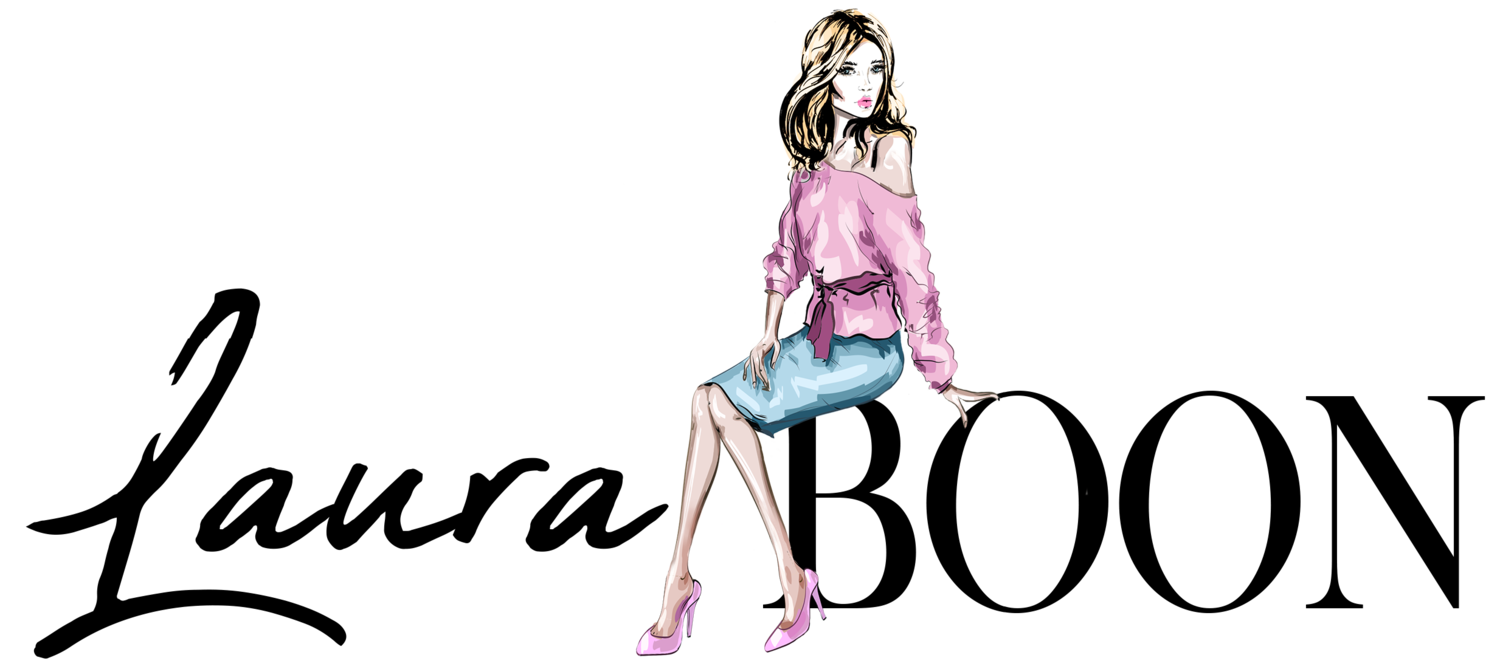What type of publisher would suit you 1
While every author dreams of a six-figure contract and of going from obscurity to fame and fortune like JK Rowling and Nora Roberts, the reality is that hard work is required to find ‘instant’ fame. Part of that hard work is learning about the industry and identifying what type of publisher would suit your personality, style and genre.Publishers aren’t always easy to identify, especially for new writers. Within the industry, publishing houses are well known and distinguished by the same characteristics that are used to separate other large organisations – success, ethics, innovation. However, publishers are focused on marketing their product brands – their authors and books – so they don’t put significant money into advertising their logos and companies. This has changed with the growth of social media; publishers now have Facebook pages and tweet under their company names. However, they still don’t have the brand profile of organisations like Apple, Amazon and Microsoft.Not all publishers are created equal. There are the traditional publishers including the so-called ‘Big Five’, hybrid-model and digital first publishers and self-publishers, also known as indie-authors or indie-publishers. There are positives and negatives to each publishing type.Traditional publishing houses focus primarily on print books although they all now publish ebooks as well. Some have long and distinguished histories. Many have merged over the years. Ebooks are usually published as an addition to a hardback or paperback, not as the only format. The Big Five are Penguin Random House, HarperCollins (now including the famous Harlequin Mills & Boon romance house), Hachette Livre, Simon and Schuster and MacMillan. All of the Big Five have romance lines. There are numerous smaller traditional publishers including Text and Allen & Unwin. They are more niche and not all of them publish romance.Pros
- You will not have to contribute any funds to production or marketing.
- You will probably get an advance on your royalties (an upfront payment).
- Excellent editorial support.
- Superior book production.
- Confirmed marketing support, including bigger and better marketing and promotion campaigns including a tour if your book is a focus title.
- Additional support if you are a local author.
- Publication in paperback and ebook, possibly audiobook. You will be able to hold your book in your hands and see it on a shelf.
- Large sales and distribution networks.
- Foreign rights specialists who may be able to sell your book into other markets.
Cons
- You may need an agent to approach a traditional publisher, especially in America and England.
- The Big Five publish hundreds of titles per month. Your book will have internal as well as external competition.
- The ‘machine’ will roll on a month after your publication to other books.
- You have limited to no control over final title and cover, sales strategy and marketing spend.
- Traditional publishers focus less on digital sales, the primary market in romance.
- Their ebooks are more expensive which can price your book out of the market.
- They concentrate funds and energy on big names and money earners; if your book is a ‘midlist’ title you’ll get minimal marketing support.
Next week, we'll look at the smaller publishing houses, digital only publishers and indie publishing.This column was originally published on the Romance Writers of Australia website.

